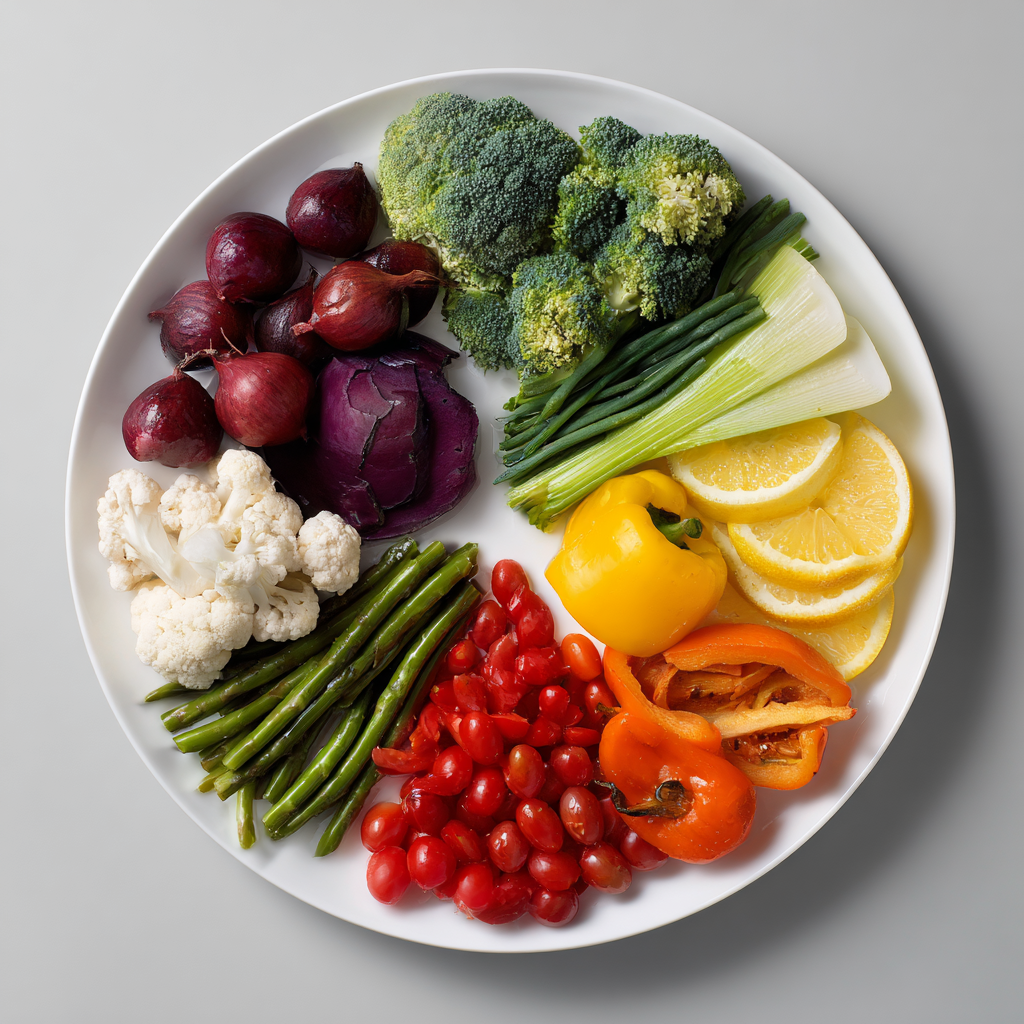
Bariatric surgery is an effective method for treating obesity. However, long-term success cannot be achieved unless it is supported by sustainable lifestyle and dietary changes. Establishing balanced and lasting eating habits is vital, especially for individuals who follow a vegetarian diet after surgery. In this process, it is crucial to ensure an adequate intake of essential nutrients—particularly protein—while maintaining ethical dietary choices. The topic of “bariatric surgery and vegetarian nutrition” must be addressed with both health and ethical perspectives in mind.
Nutrition Tips for Vegetarians After Bariatric Surgery
Vegetarianism is a dietary pattern that restricts or excludes animal products. Therefore, ensuring sufficient intake of protein, iron, and vitamin B12 can be more challenging after bariatric surgery.
Types of Vegetarian Diets:
- Lacto-ovo vegetarian: Includes dairy and eggs
- Lacto vegetarian: Includes dairy only
- Ovo vegetarian: Includes eggs only
- Vegan: Excludes all animal products
It is critical to design personalized nutrition plans for each group to meet daily macro- and micronutrient needs.
How to Plan Vegetarian Diets in Postoperative Stages
Bariatric surgery recovery includes four main nutritional stages:
- Clear Liquid Phase (Day 1–3)
Herbal teas, water, and vegetable broths (instead of meat-based broths) - Full Liquid Phase (Week 1–2)
Plant-based milks (almond, soy), lactose-free milk, protein shakes - Pureed Phase (Week 2–4)
Soft vegetables, mashed legumes, yogurt, and eggs - Soft and Solid Foods (After 1 Month)
Cooked vegetables, legumes, eggs, cheese, tofu
Key Planning Tips:
- Aim for 60–80 grams of protein per day
- Maintain a clear separation between solids and liquids
- Introduce fiber-rich foods gradually
Effects of Plant-Based Diets on Bariatric Recovery
Plant-based diets offer many benefits:
- Rich in antioxidants and phytochemicals
- Support gut health
- Help regulate cholesterol and blood sugar
However, after bariatric surgery, it’s essential to:
- Ensure adequate protein intake
- Supplement iron, zinc, and vitamin B12 appropriately
Note: The bioavailability of plant-based proteins is generally lower than animal-based proteins.
Vitamin and Mineral Supplementation in Vegetarian Diets
Vitamin and mineral deficiencies are common among vegetarians after bariatric surgery. The most frequently deficient nutrients include:
- Vitamin B12: Found in small amounts in eggs and dairy; supplementation is essential
- Iron: Plant-based iron is less absorbable; pair with vitamin C to enhance absorption
- Zinc, Calcium, Vitamin D: High deficiency risk
- Omega-3 fatty acids: Can be sourced from walnuts, chia, and flaxseeds—but EPA/DHA supplements may still be necessary
Supplementation Advice:
Use bariatric-specific multivitamin formulations, and follow a supplement protocol under the supervision of a registered dietitian.
Vegetarian Recipe Ideas After Bariatric Surgery
Nutritious and flavorful vegetarian recipes suitable for various post-surgery phases:
Protein-Rich Lentil Soup
- Red lentils, turmeric, olive oil
- Blended to liquid form for easier digestion
Vegetable & Egg Puree
- Steamed broccoli and zucchini, hard-boiled egg, labneh cheese
- Blended to smooth consistency
Grilled Tofu Salad
- Grilled tofu, arugula, cooked quinoa, olive oil, lemon
- Balanced in fiber and protein
Smoothie (Full Liquid Phase)
- Lactose-free or plant-based milk + protein powder + banana + oat flakes
Calcium-Rich Chia Pudding
- Plant-based milk, chia seeds, fruit puree, almond flour
Conclusion
Vegetarian nutrition is possible after bariatric surgery but requires professional guidance. Balancing ethical choices with health requirements becomes manageable through conscious planning. With the right food choices and well-prepared recipes, vegetarian individuals can successfully navigate post-bariatric dietary changes. However, it’s important to note that vegetarian diets are generally not recommended during the initial recovery period unless closely monitored by a nutrition expert.

